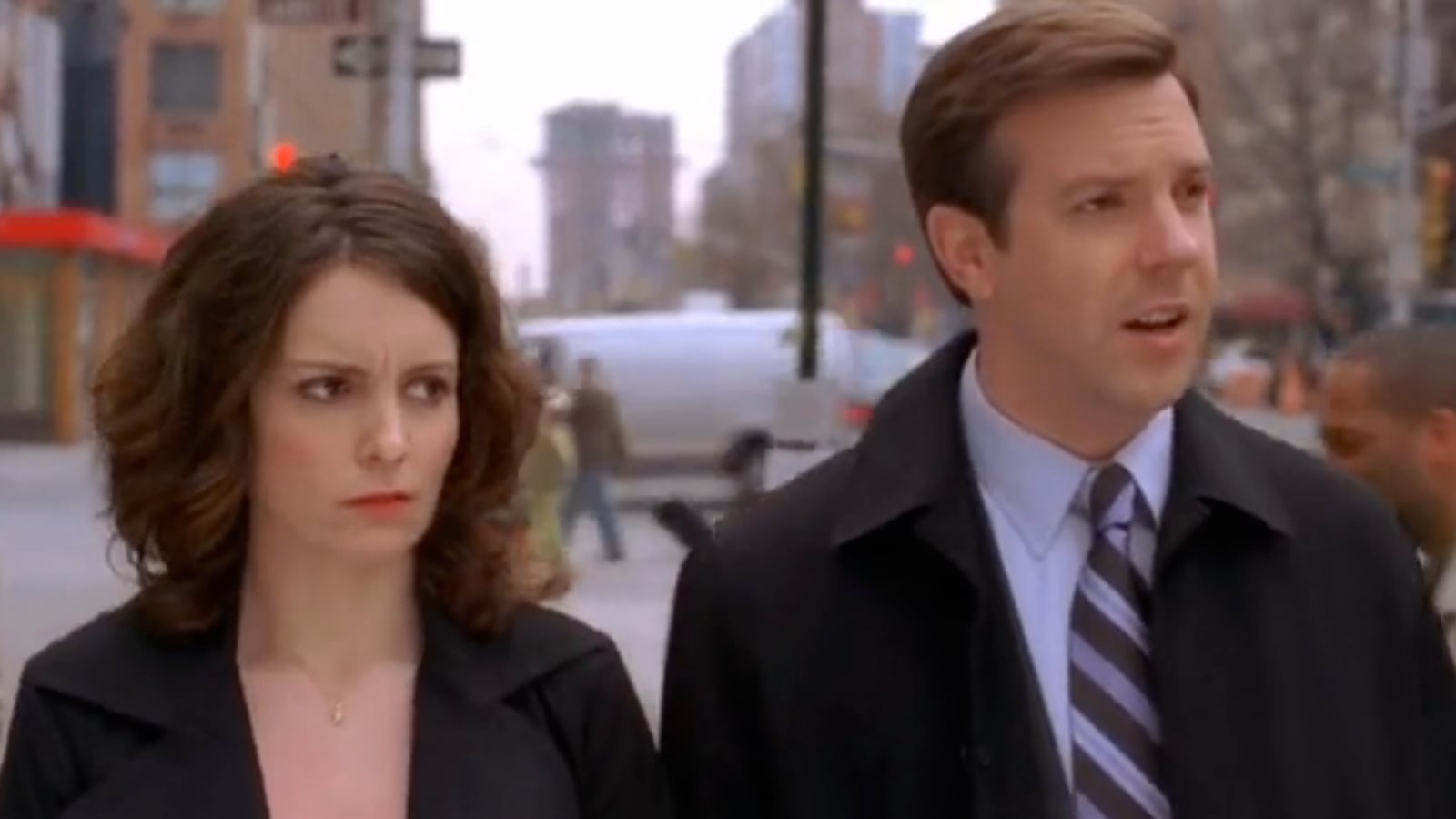See you in Cleveland! No, it’s not an ancient curse—it’s the sound of the GOP’s play-it-safers rallying the party faithful to the host city of the 2016 Republican National Convention.

There’s an endless supply of anti-Cleveland jokes to choose from, so in one sense, Republicans have little to risk in prompting a couple more. But a party’s choice of convention city rarely, if ever, moves the electoral needle, so let’s not pretend this is all about winning Ohio.
Cleveland is indeed emblematic of the right’s mainstream, only in all the wrong ways. It’s a choice that hands the pom poms to those who deny that their party or their country needs fundamental change. And it especially strengthens those who look to meet massive challenges with little more than small-scale policy tinkering.
In that sense, the city of Cleveland makes a perfect setting for the marriage of establishmentarians and the wonky reformocons, the group of rising conservative policy intellectuals who advocate for a more appealing and wonky GOP.
Confronting a Tea Party insurgency on the one hand and a libertarian moment on the other, the party’s insiders need to prove they have a vision to govern. The respectable reformers, meanwhile, know how rare a chance 2016 is to decisively shape our national affairs. If Republicans lose the presidency again, the overhaul to come will leave a lot of white papers on the ash heap of electoral history.
There’s much to be said for the great diligence and discernment the reformocons bring to their task. Unfortunately, they depend for their political relevance on figures the GOP would do well to put in their rear view, or at least in their rear guard.
And just those establishmentarians are lining up to shower canned praise on Cleveland, a city that Americans from all regions have come to recognize for what it is.
“We couldn’t be more excited,” GOP Chairman Reince Priebus says of Cleveland. “I think that it’s a city that’s on the rise.”
For Speaker John Boehner, the path to the White House “will start and end in Ohio.”
Ohio Gov. John Kasich, who abandoned his right-wing bona fides by fully embracing president Obama’s Medicaid expansion, positively touts the ideological significance of the Cleveland pick. “We’re going to be able to tell the country” that “we have the right formula for helping the country,” he raves. “We’ve used it in Ohio, it works, now we can tell the country that what we do here works.”
Finally, Ohio Sen. Rob Portman—the Romney-approved Bush-era insider who’s floating a run of his own in ’16—calls the convention “a unique opportunity to showcase the new Cleveland as one of America’s great cities.”
The establishment game plan is clear. It’s not like Cleveland rocks. With apologies to William Ross Wallace, it’s more like the hand that rocks the Cleveland is the hand that rules the world.
Some might say Cleveland can never be as important as all that. A sitting senator, for instance, might be forgiven any enthusiasm for successfully lobbying his party’s convention into his backyard. At the same time, it’s not altogether clear that such a lenient and casual attitude will reward Republicans on the road to 2016. In fact, Portman himself is a striking example of why the opposite is more likely.
Call it the new class, the crony class, the ruling class, or the lobbyist-industrial complex. Call it what you will. Its members—whatever their party, whatever their morals, and whatever their taste for finely-reasoned policymaking—are recognizable by their resumes. In Portman’s case, his time as W.’s budget director and his stint as a Patton Boggs heavyweight say far more to Americans than his invocations of “the heartland” and “the party of ideas.”
Rather than a yeoman or a political theorist, Portman is an operator—a member of the political elite who understands the way policy chops can work as politics by other means: Win on “responsibility,” win on “credibility,” win on “substance,” and then you get a shot at pulling away the scare quotes.
Yet the mood of the country is leading Americans away from the idea that these trust signifiers are to be trusted. Americans are starting to wonder if they’re even usable anymore. Which is more responsible: too big to fail, or auditing the Fed? Which is more credible: calling for economic growth above 5 percent, or calling for an end to the Department of Homeland Security? Which is more substantive: chained CPI, or criminal justice reform?
A good operator, of course, can change to accommodate the times. Paul Ryan, mainline wonk extraordinaire, has already shown a willingness to walk the walk on poverty reduction and minority outreach. It is another question, however, whether the times will change to accommodate its operators.
Most Republicans blanch instinctively at the political rhetoric of “the new Cleveland.” Many Americans will have the same reaction if the champions of the new Cleveland roll out “the new GOP.”






